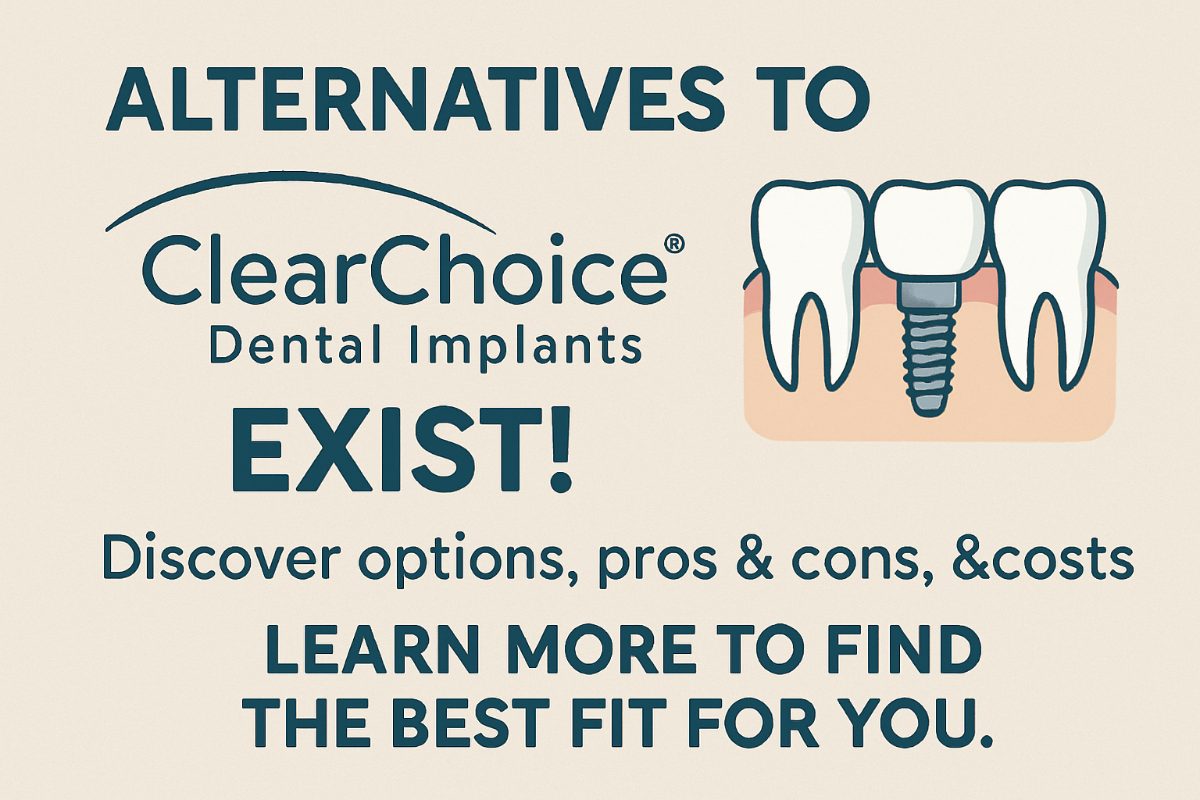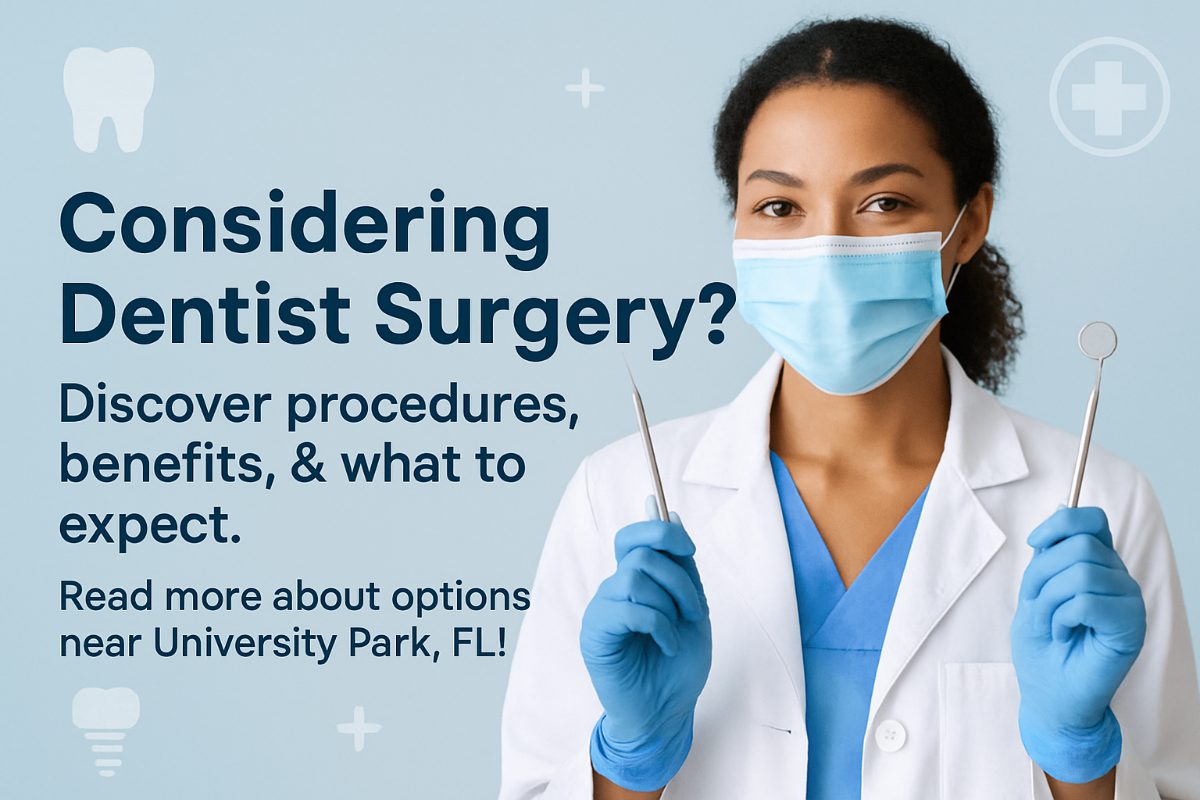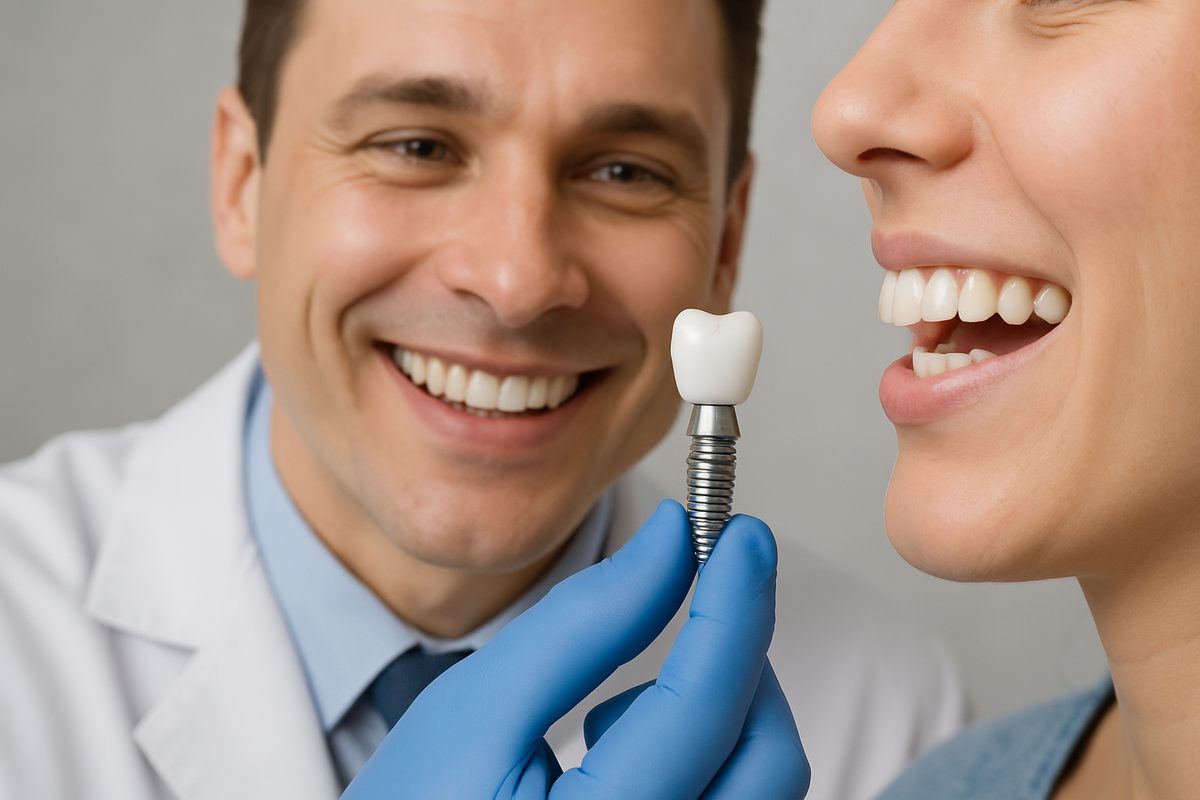blog - [City], [state]
Tips, Facts, And The
Latest In Dentistry

Clear Choice Dental Implant Alternatives Near You
Posted in Dental Implants

If you’re weighing dental implants against other tooth‑replacement options, this post helps you find a clear path between implant care and other choices. Early on we’ll outline practical alternatives to ClearChoice dental implants in Sarasota/University Park, FL so you can compare costs, function, and timelines and pick the best option for your needs.
Use this guide to learn each option, how it’s placed, who it fits best, and the questions to ask your dentist at your consult. The goal is to make the decision simple and realistic for your situation.
Common Dental Implant Alternatives
Here are the main options patients consider when they want alternatives to ClearChoice dental implants in Sarasota/University Park, FL:
- Full dentures — removable prosthetics that replace an entire arch of teeth.
- Removable partial dentures — clasped appliances that replace several missing teeth.
- Fixed dental bridges — crown‑supported bridges that span a gap using adjacent teeth for support.
- Resin‑bonded (Maryland) bridges — a conservative bridge that bonds to the back of neighboring teeth.
- Implant‑retained overdentures — removable dentures that snap onto implants for added stability.
- Temporary flippers — inexpensive, short‑term removable teeth used while waiting for a permanent solution.
How Each Alternative Works
Full and Partial Dentures
Full dentures rest on the gums and use suction or adhesive for retention. Partial dentures clip to existing teeth with metal clasps or flexible materials. Placement usually involves impressions, try‑ins, and delivery over a few weeks.
Fixed Bridges
Fixed bridges require preparing the neighboring teeth for crowns. A bridge replaces one or more teeth and is cemented in place. Timeline is often 2–4 weeks from prep to final restoration.
Resin‑Bonded Bridges
Resin‑bonded bridges use thin wings bonded to adjacent teeth with minimal tooth removal. They are less invasive but best for front teeth and small gaps. They can be completed in one to two appointments.
Implant‑Retained Overdentures
Overdentures use two or more implants as anchors. The denture snaps on/off for cleaning but offers far better stability than conventional dentures. Placement includes implant surgery, healing (a few months), then attachment of the overdenture.
Temporary Flippers
Flippers are acrylic removable teeth used as a short‑term cosmetic fix after an extraction. They are quick and low cost but not intended for long‑term chewing needs.
Pros and Cons: Cost, Function, and Longevity
Cost and Insurance
Dentures and flippers are the lowest upfront cost. Fixed bridges and resin‑bonded bridges fall in the middle. Implant solutions (including overdentures) are higher up front but may offer better long‑term value. Insurance coverage varies widely — check benefits for each option.
Chewing, Speech, and Comfort
Implant‑based options offer the best chewing and stability. Fixed bridges also perform well. Dentures can restore appearance and basic function but often reduce chewing efficiency and may affect speech until adjusted.
Maintenance and Repairs
Dentures need regular relines and eventual replacement. Bridges may need replacement after 10–15 years depending on wear and underlying tooth health. Resin‑bonded bridges can debond. Implants and implant‑retained overdentures require routine hygiene but have high long‑term success when maintained.
Who Is a Good Candidate for an Alternative?
- Have limited bone volume or medical conditions that complicate implant surgery.
- Need a faster or lower‑cost solution.
- Are younger and want a reversible option while planning long‑term care.
- Have only one or two missing teeth (bridges or resin‑bonded bridges may work).
Discuss bone health, the number and location of missing teeth, medical history, and your short‑term vs long‑term goals with your dentist.
When Implants (or Advanced Options) Are Still the Better Choice
Choose implants when you want long‑term stability, preserve jawbone, or need full‑arch support for chewing and appearance. In severe bone loss, advanced implant options like zygomatic implants or full‑mouth implant reconstructions may be the best solution. For many patients, these advanced approaches deliver the most predictable, long‑lasting results.
Questions to Ask Your Dentist — A Quick Checklist
- What are the total costs and payment/financing options?
- How long can I expect this appliance to last?
- How will this affect chewing, speech, and daily comfort?
- What happens if the denture, bridge, or appliance breaks?
- Who performs the surgery and who fabricates the prosthesis?
- Are sedation options available for anxiety or complex procedures?
Light Practice Introduction — Why Speranza Dental Implant Centers Can Help
Speranza Dental Implant Centers in the Sarasota/University Park, FL area pairs a prosthodontist and an oral surgeon to plan and deliver care. Their in‑house lab, fully digital workflow, IV sedation options, and financing make complex cases easier to manage. For patients comparing alternatives to ClearChoice dental implants in Sarasota/University Park, FL, Speranza offers coordinated surgical and prosthetic care that helps simplify decision‑making and treatment delivery.
Next Steps: How to Decide and Book an Evaluation
Start with an exam and 3D imaging so your dentist can evaluate bone, tooth position, and soft tissues. A consult should cover your goals, medical history, timeline, and detailed cost options. If you want a personalized plan that compares implants and alternatives side‑by‑side, schedule a consultation and imaging session to get clear, practical recommendations.
Quick FAQ
Are dentures cheaper than implants long term?
Upfront costs are lower for dentures, but frequent repairs, relines, and reduced function can make them more costly or less satisfying over many years.
How long does a bridge last?
A well‑made fixed bridge typically lasts 10–15 years or longer with good oral care; lifespan depends on tooth health and bite forces.
Can I switch from a denture to implants later?
Yes. Many patients start with dentures and later move to implants. Bone loss over time can affect implant options, so discuss timing with your dentist early.




